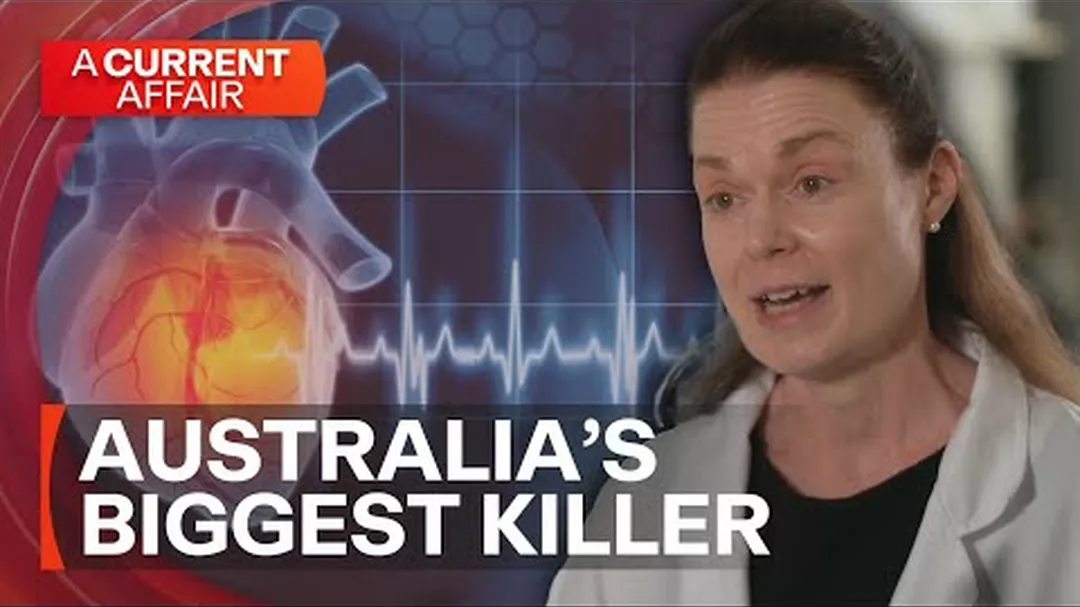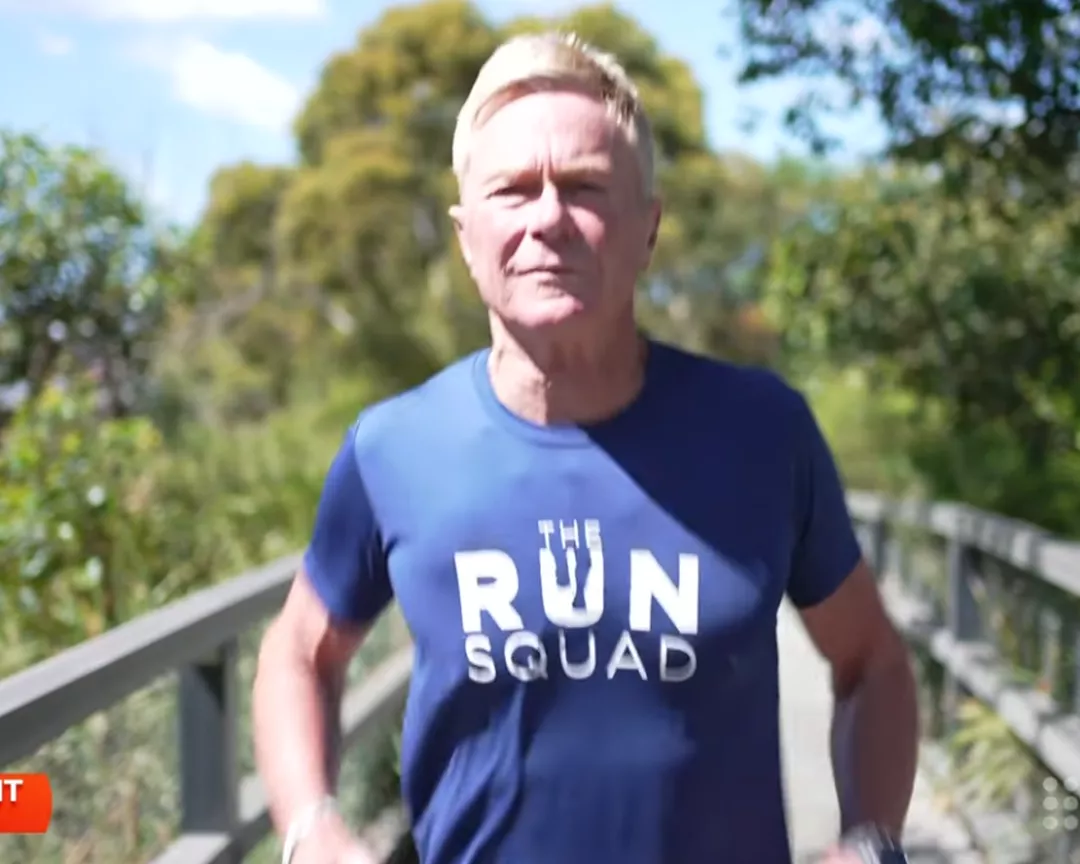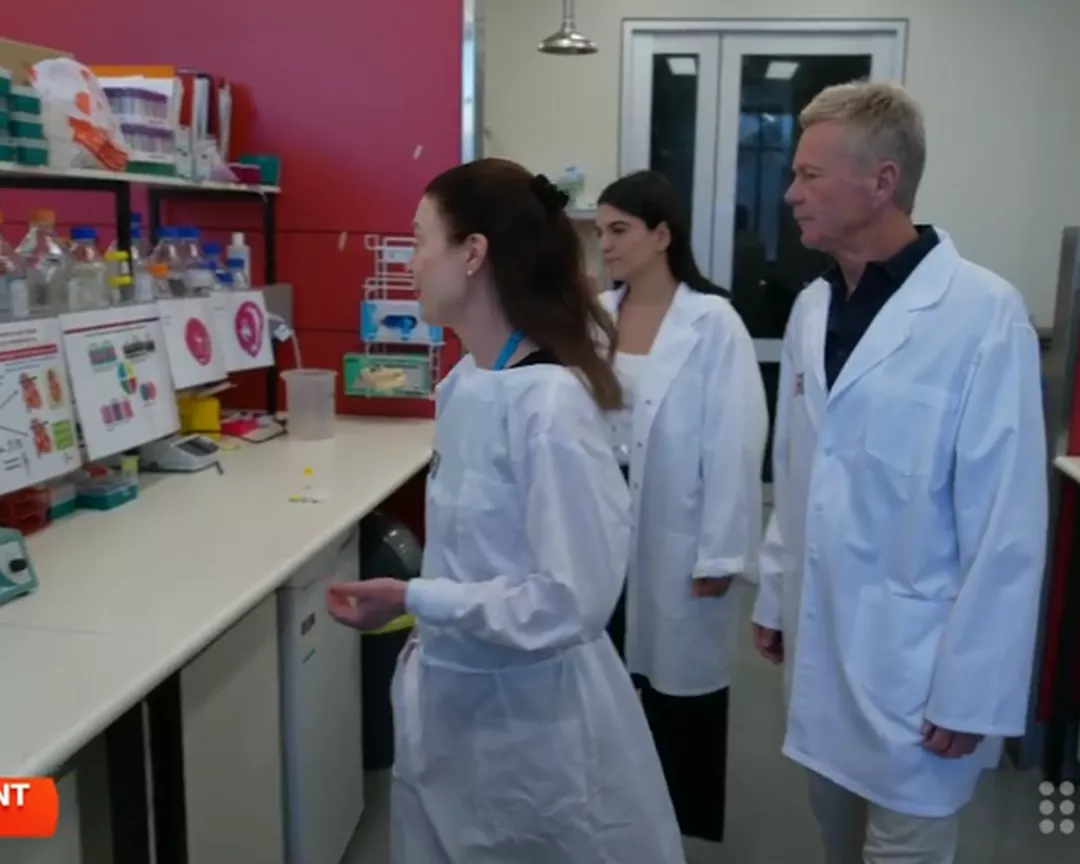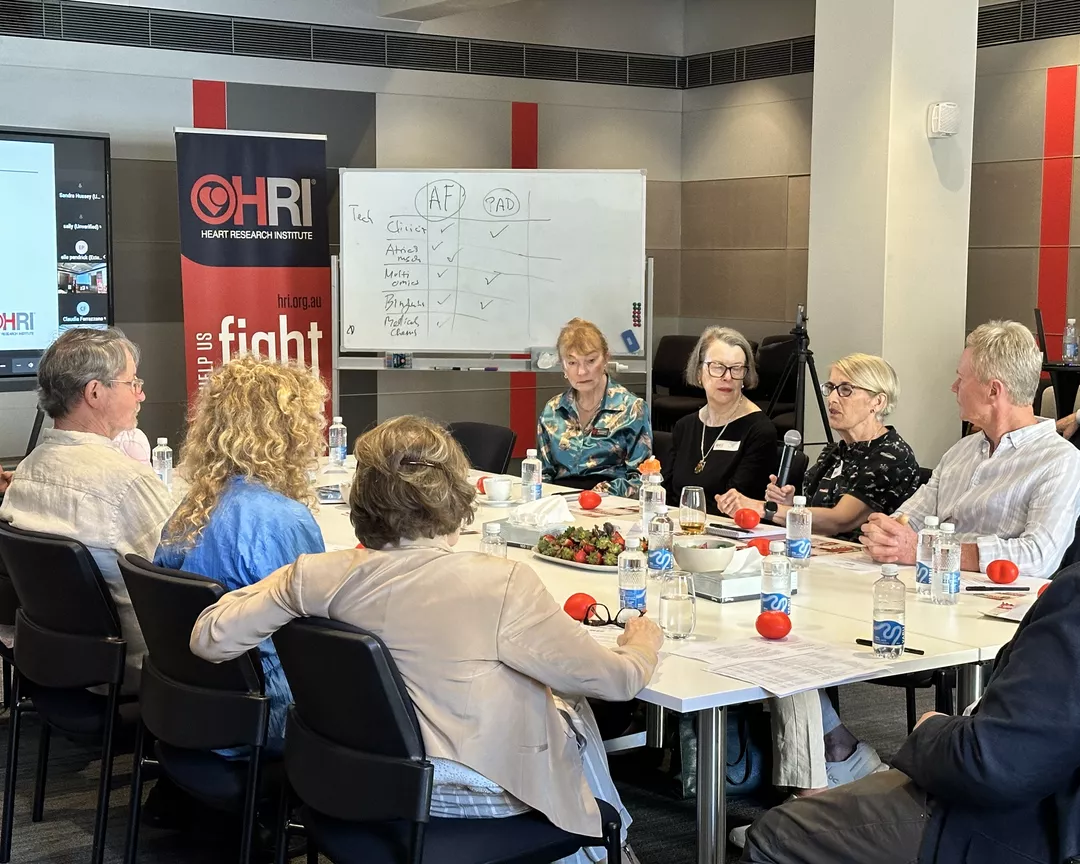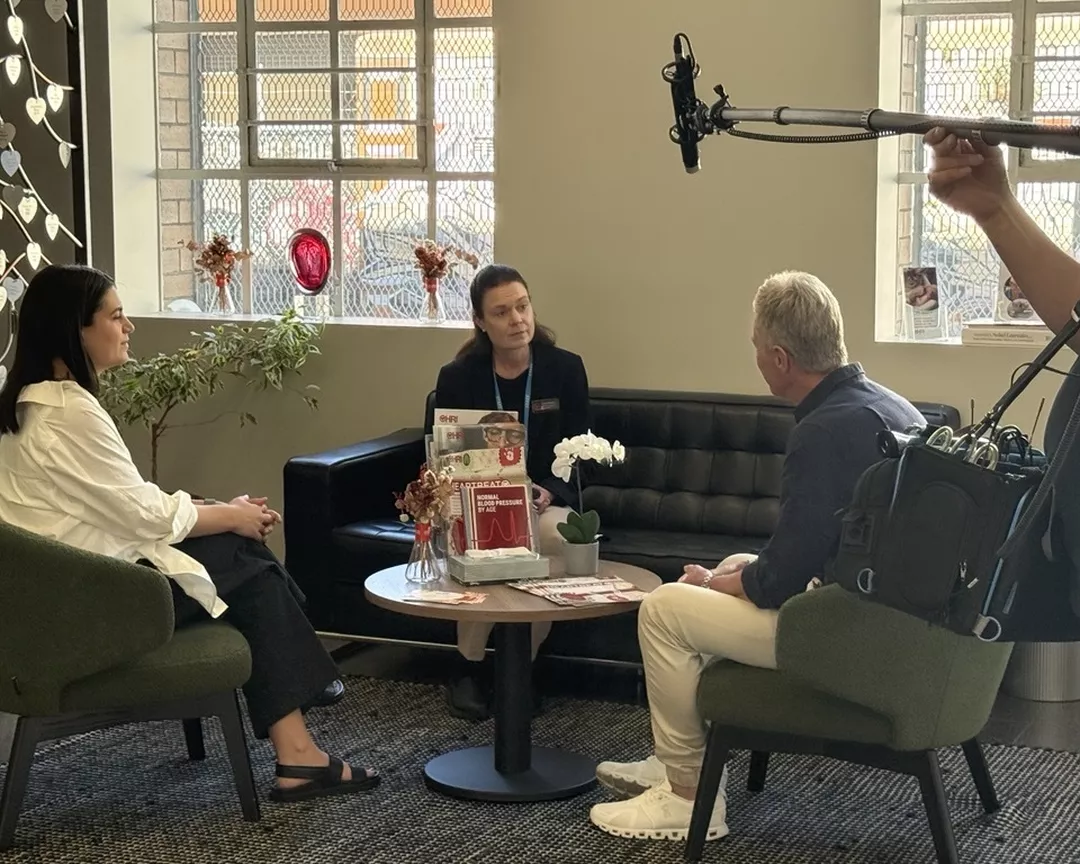The Heart Research Institute (HRI) has launched a new Consumer Program, linking people who have cardiovascular disease to researchers so that lived experience informs groundbreaking science.
The nationwide initiative invites people who have been impacted by a range of cardiovascular-related conditions, including conditions like congenital heart disease, heart failure, peripheral artery disease, sepsis, atrial fibrillation, stroke, and heart and blood vessel damage due to cancer treatments.
“A patient's lived experience with cardiovascular disease helps make medical research more impactful and relevant,” said Professor Andrew Coats AO, Scientific Director and CEO of HRI.
“Consumers offer our scientists valuable perspectives that researchers alone may not see, such as how a condition affects everyday life, their families, and communities.
“By sharing their insights, consumers can help shape the direction of research, improve communication, and ensure outcomes that matter most, which is improving and saving lives.”
One of the participants is 64-year-old runner and triathlete and Warren Williams - who was first diagnosed with atrial fibrillation (AF), or an abnormal heart rhythm, out of the blue when he was 49. The athlete was rushed to a cardiologist to begin medication, but the drugs were unsuccessful.
Ten years later Williams suffered a cardiac arrest while doing what he loves.
"As soon as I stopped running, everything just went completely black," Warren recalls. “I came to after 30 seconds and felt totally fine. I thought I had just fainted. I had no warning signs, no pain, I just went down.”
Warren shared his story, alongside Professor Julie McMullen, on A Current Affair.
While research into risk factors, medications and interventions has seen the prevalence of cardiovascular disease actually decline, cardiovascular disease is Australia’s biggest killer, claiming one life every 12 minutes.
HRI’s Deputy Director, Director of Research and Leader of the Heart Muscle Lab, Professor Julie McMullen said the Consumer Program was an important link for researchers to work closely with those who have been directly affected by disease to further research efforts.
“These partnerships ensure our work remains grounded in the real-world experiences of patients,” Professor McMullen said. “HRI has been making medical breakthroughs in cardiovascular research for decades, and this new Consumer Program will help us elevate that research even further.”
Over one third of Australia’s disease burden for chronic disease including cardiovascular disease is due to preventable risk factors.
“While there is no one cause of cardiovascular disease, there are several factors that increase a person’s risk, some of which can be changed, but some that cannot such as a person’s genetic makeup. New ideas and innovative approaches are required to best prevent and treat cardiovascular disease in a more personalised way,” Professor McMullen said.
Almost all Australian adults have at least one risk factor for cardiovascular disease, while one third of adults have a combination of two risk factors and 57 per cent have three or more.
The next Consumer Group panel is scheduled for February 2026 and anyone with lived experience is welcome to find out more and join the group.
For more information about HRI’s Consumer Program or to register, go to: hri.org.au/consumer
More media
ABC Radio: Drive with Chris Bath - Prof Julie McMullen and Warren Williams on HRI's new consumer program 24 November 2025
2SM Radio: Breakfast with Tim Webster Prof Julie McMullen on HRI's New consumer program 24 November 2025

